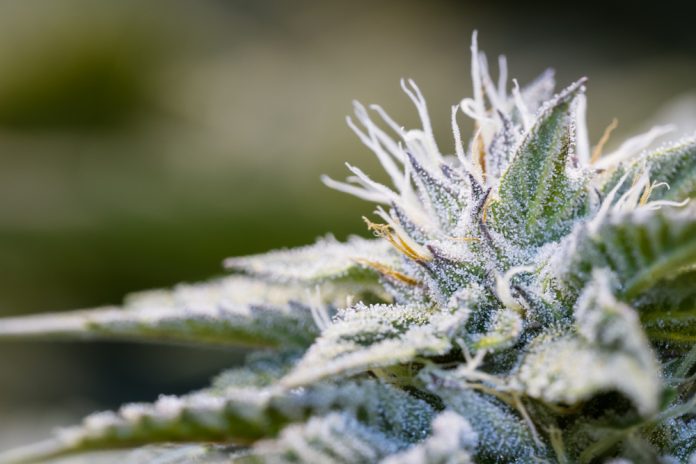U.S, February 11, 2020 (ANALYTICALCANNABIS) Memories aren’t always trustworthy, especially, it seems, when cannabis is involved.
In a new study published this Monday, researchers found that people can double their number of “false memories” after inhaling marijuana fumes. In a series of virtual reality (VR) situations and memory tests, the study found that cannabis consistently increased the chances of a participant recalling a detail that was never there.
The results could have serious implications for criminal cases that involve cannabis-intoxicated witnesses and suspects.
Memen-toked
Cannabis has long been associated with memory impairment. But far less is known about the drug’s effect on false memories and how they’re elicited.
Published in the journal Proceedings of the National Academy of Sciences, the new study aimed to assess whether cannabis intoxication affected the production of the two main types of false memories, spontaneous and suggestion-based.
To source their results, the research group asked 64 people, who were all occasional cannabis users, to inhale from a balloon that was either filled with cannabis vapors or a placebo. The participants then performed a word memory test and experienced two virtual reality simulations, which involved a fight in a train station and the theft of a purse in a bar.
Afterwards, the participants were asked to recall the list of words, and then asked non-leading (“Were the seats on the train blue?”) and leading questions (“It was a black purse, right?”) about the VR situations. They were asked the same questions one week later, after the effects of the cannabis had worn off.
The researchers found that cannabis-intoxicated individuals were more likely to misremember the list of words – an example of spontaneous false memory formation – and were more likely to remember false details about the VR dioramas if prompted – an example of a suggestion-based false memory. However, once a week had passed, the cannabis group’s answers weren’t statistically different to the placebo group’s, which the researchers anticipated.
“This is in line with research showing that memory decays over time and that people are more prone to be influenced by misinformation with increasing length between event and postevent misinformation because they are less likely to detect discrepancies,” they wrote in the paper.
What’s the meaning?
Of course, false memories can still arise in sober individuals. But the new study highlights how cannabis consumers can be more vulnerable to misremembering than most.
Why? Well, while the new study can only speculate, other research efforts have found connections between memories and cannabinoids receptors in the brain’s hippocampus.
“An increase in irrelevant associations might stem from increased incidental learning due to activation of hippocampal CB1 receptors,” the researchers wrote.
“These effects include a loosening of associations, fragmentation of thought, and heightened distractibility. Such reductions in focus and increments in mental activity could well account for the increase in false recognitions of irrelevant or unrelated words or events on all memory tasks.”
And in a world increasingly accepting of cannabis use, the researchers warn that the drug’s memory-altering effects could increasingly impinge on criminal cases.
“Our findings have implications for how and when the police should interview suspects and eyewitnesses,” the researchers wrote in their abstract.
“Questioning should ideally take place as soon as the person has sobered up to prevent memory decay due to time. However, a person under the influence of cannabis during an event might still show a yes bias toward some new information later. Thus, cannabis-intoxicated individuals might have to be treated as a vulnerable group, similar to child or elderly witnesses/suspects.”







